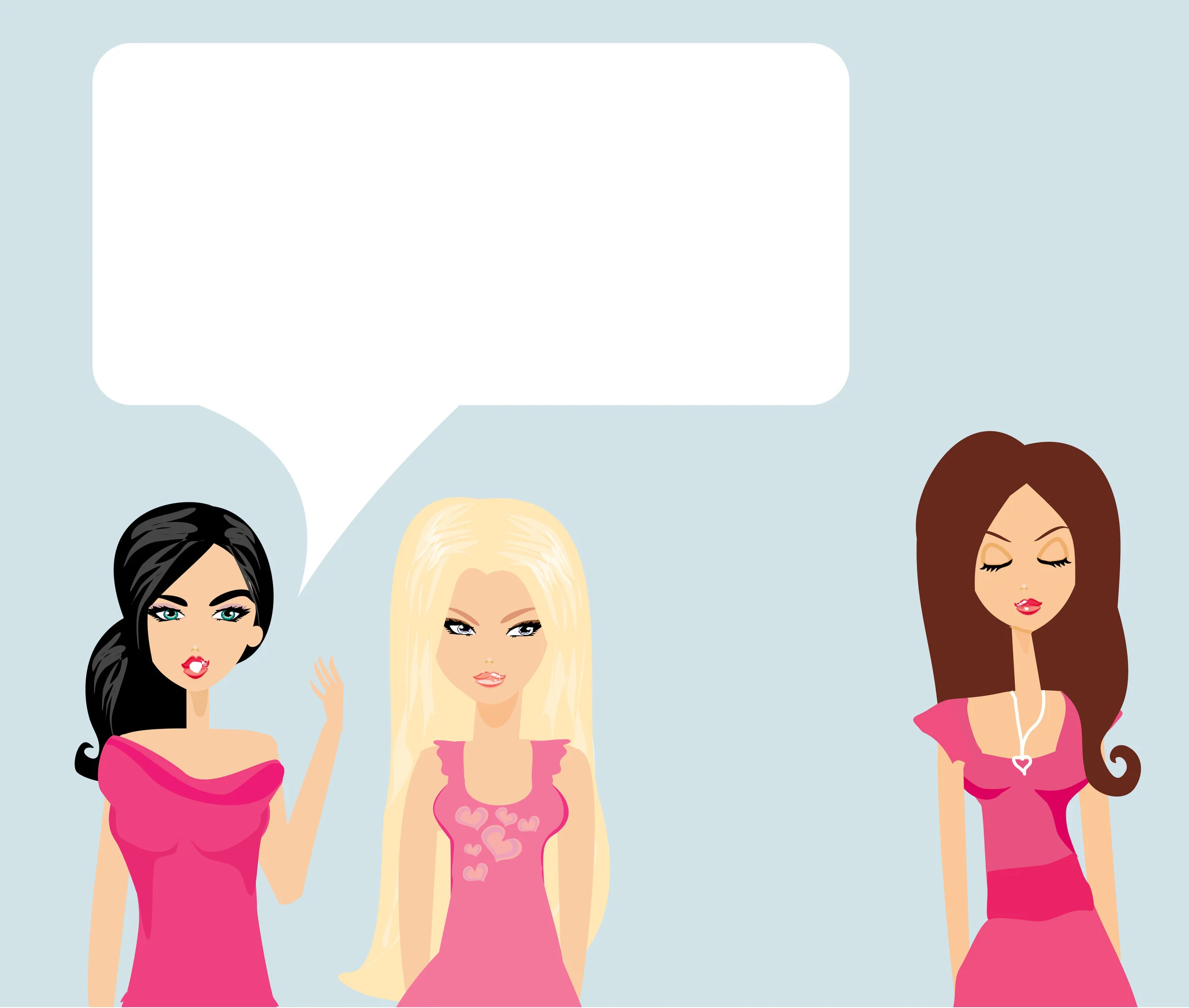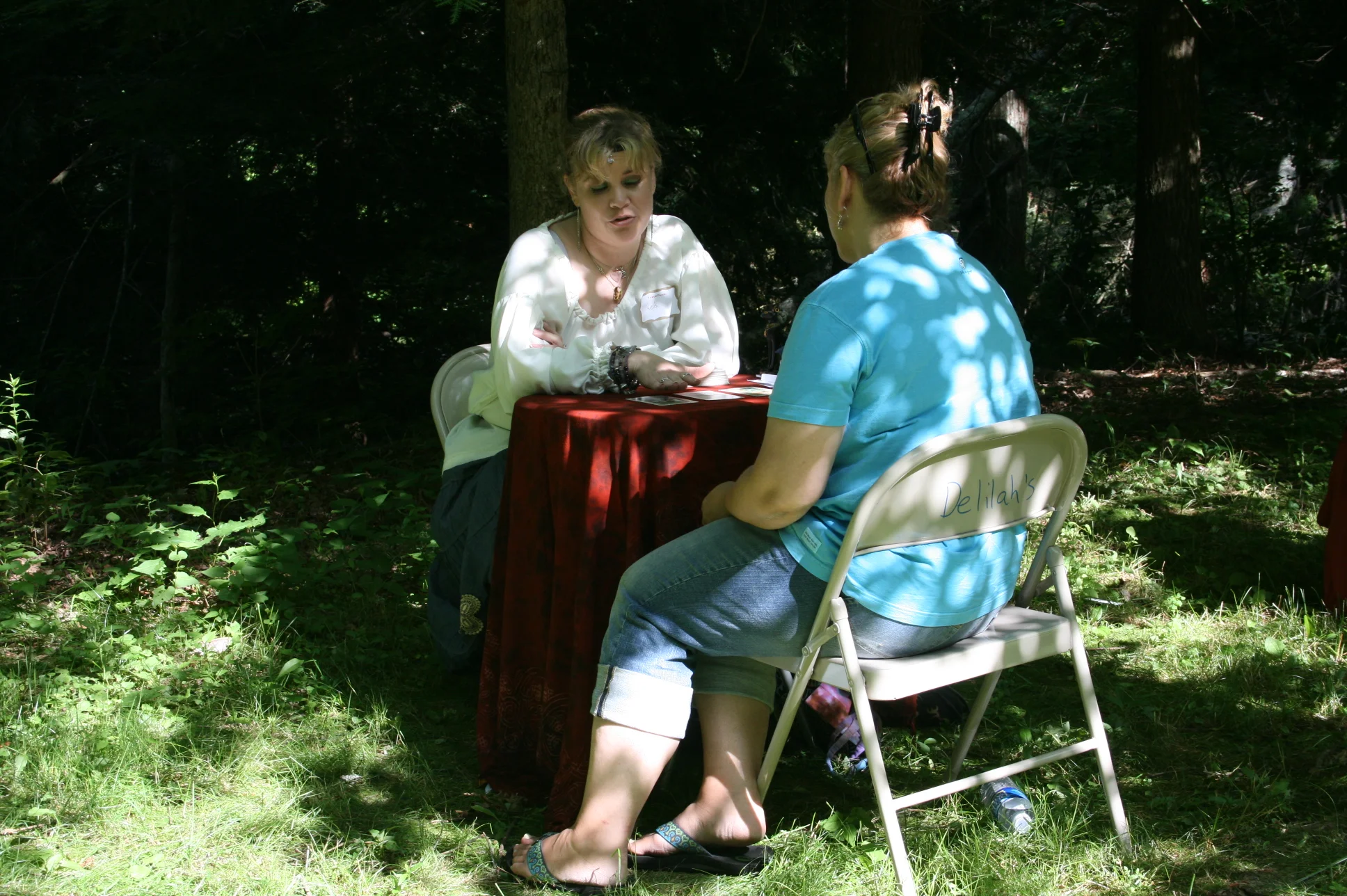
Welcome to my personal blog.
Here you will find my musings, thoughts and observations, all inspired by my experiences as a full-time professional tarot reader.
When are Third-Party Readings Helpful?
The practical ethics of reading about people.
When are Third-Party Readings Helpful?
The practical ethics of reading about people.
In the world of tarot reading, a third-party reading happens when a client asks for information about someone who is not present, and who did not consent to be read.
Early in my tarot career I had a mentor who advised against third-party readings for a very practical reason. He said that clients would often ask for information about someone who doesn’t exist as a way of tripping up the reader. For example, a person with no siblings may ask for information about her sister, to see if the reader can tell that she doesn’t have a sister.
Sometimes the cards will appear in such a way that the reader will be able to tell that the client is messing with them. Sometimes the cards will give information about a friend or other relative who has a sisterly relationship with the client. Regardless, my mentor’s take was that these readings are best to be avoided.
There are other reasons to consider avoiding third-party readings. Many people believe that to read for someone without their consent is patently unethical.
I believe that, as with many things in tarot, a good reader must evaluate each request and make decisions on a case-by-case basis.
As a professional reader, I have to say I do a lot of third-party readings for a lot of good reasons. There are also some requests I will deny. I make sure that I never shame my client for asking a question that I feel might be unethical or unhelpful to answer. I will usually find a way to rephrase the question or find an appropriate question to ask about the client’s concern.
Tarot ethics are important, but there is no Ministry of Tarot Ethics that decrees what is right and wrong for each of us. As we become ready to read for others, either casually or professionally, we each must figure out what feels right and wrong to us.
What I will share next are my parameters around third-party readings. I am not suggesting that these be your parameters. However, perhaps this will inspire you to consider your own ethics around this important topic.
First, for me it is impossible to read for someone without mentioning the people around them. Our relationships are part of who we are. There are many cards that very often specifically reference other people, most notably the Empress, the Emperor, and the sixteen Court cards. I have to believe that if third-party readings were never to be done, these cards wouldn’t work to describe people so accurately.
One branch of psychic work concerns itself completely with speaking of other people; those who have passed on. Readers who, like me, use tarot in mediumship work would be unable to function if they refrained from third-party readings.
For me, it is fine to discuss our client’s relationships with others, including problems in familial relationships, and solutions for better communication. I think it is fine to discuss the behavior of children, the care of elders and the maintenance of marriages.
I think it is fine to use tarot to strategize our exit from love relationships, and to strategize our relationships with people at work.
When clients want to speculate about the new relationships of their exes, I draw a line. If you are interested in knowing about the intimate details of your ex-husband’s new marriage, the most important question to explore is about why this is bothering you, and how you can heal and move on.
For me, whenever third-party readings might serve to keep a wound open, we need to instead heal the wound. Whenever third-party readings take on a tone of gossip rather than a of healing and helping, we need to figure out what is being triggered in the client, and how we can help heal it.
We also need to be careful not to base readings on assumptions clients have about other people. “Why does my boss hate me?” is a question that can’t be answered until you first ascertain what might really be going on between boss and employee. Perhaps the boss doesn’t hate their employee at all. Then, the question can be turned into two important questions. “What is your boss doing that causes you to feel unappreciated, and how can you change your behavior to create a better working relationship?”
Sometimes friends and family members give clients permission to ask about them. “My daughter wanted me to ask you about her new job.” My husband wants to know if we should get his mother into assisted living.” These sorts of questions are also third-party readings, but to me have no ethical issue since the reading has been requested by the individuals themselves.
Does it harm a person to have a reading conducted about them, without their knowledge? I once saw someone on social media refer to this as a violation akin to “spiritual rape”. To me, that is a bit over the top. The fact is, people talk about people behind their backs constantly. If it is done with meanness and a desire to gossip, it’s probably neither helpful nor healthy. Yet, if it is done with a desire to heal, to help and to understand, I think there is no harm done, and often a great deal of help provided.
Money for Tarot
Those of us who practice tarot know that there can be a lot of rumor, legend and superstition about what we do. Sometimes we, ourselves, are the source of untruths and half-truths about our practices.
Often, superstitious untruths are sanctimoniously spewed by practitioners who seem to value their judgmental and didactic opinions more than they value actual study.
One such legend that pops up from time to time is this gem.
A “true” tarot reader (or teacher) doesn’t charge money to read (or teach).
The last time I heard this was at a tarot class that I happen to teach regularly for free. A student arrived with her worn tarot deck. I was excited to meet her, and her cards. It seemed at first that we were gaining a class member with some knowledge and experience.
During our class introductions, she stated she had been reading tarot for forty years. That’s longer than I have. I was duly impressed.
Then she stated that readers should never charge money for readings. I tried to clarify with her; was she talking about the neon storefront psychics who scare people into paying huge sums of money to lift the family curse? No, she wasn’t. She was talking about me, and my colleagues.
She reiterated. She truly believed it was spiritually wrong to take money for a tarot reading.
I tried to make a joke of it, saying something about supporting my kids with tarot reading (which I did for most of their young lives). My student said I should have worked at McDonalds.
Some of the other students in the room gasped audibly. Every eye in the class was on me. The seconds dragged as I mentally scrambled to find a peaceful way to solve the problem.
Finally, I said, “One thing we can all agree on is that we don’t all agree about tarot. There is no one right way to read tarot, or interpret a card. That’s why we have this class; so that we can share ideas and each discover what seems to be true about tarot for us.”
The students nodded and relaxed.
To start our program of study, I asked the students to separate out the suit of Cups and put it in to order.
Can you believe that my forty-year tarot veteran didn’t know the tarot suits, and was pretty sure the cards didn’t have a specific numeric order?
I said nothing, but the rest of the class seemed to catch the three obvious unspoken lessons.
First, owning a tarot deck is not the same as learning a tarot deck. You may have owned your deck for forty years, but that clearly doesn’t make you knowledgeable about tarot.
Second, lack of actual knowledge leaves fertile ground for legend to grow. Often those who spout tarot myths most prodigiously are those who actually know the least about tarot.
Finally, if you don’t pay your tarot readers and teachers, you may end up with a reading or lesson from someone who literally doesn’t know the first thing about tarot.
I do a lot of pro bono work. I donate my time to charity regularly, I teach free classes and webinars, and share my skills with free webcasts and weekly newsletters. I encourage my students who are professionals to do the same. It makes good business sense, and good spiritual sense, to do that.
I am proud to be a professional reader. I have been a professional reader and teacher, fulltime, for more than twenty years. I work every day to expand my skills and develop my abilities. As a teacher and a reader, I know I offer quality products.
Not every tarotist wants to read professionally, and that’s fine. The very best use of tarot may be for our own personal introspection and growth.
It’s also true that we are a self-regulated industry, and the buyer must always beware. There are frauds, there are well-intentioned readers who aren’t very talented, and there are people with whom a particular client may not connect well.
However, there are plenty of great readers and teachers out there. if you need an insightful reading or an informative class, don’t be afraid to find a great professional tarotist to make it happen.
If you are a talented tarotist who wants to go pro but are concerned about the spiritual significance of taking money for tarot-related work, here’s what I think.
Don’t listen to the proclamations of judgmental people.
Do study well, practice much and be excellent at your work.
Give people a fair value, and give back when and where you can.
That’s what’s worked for me all these years. It will work for you, too.



